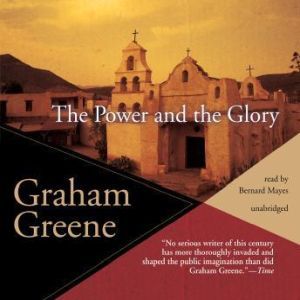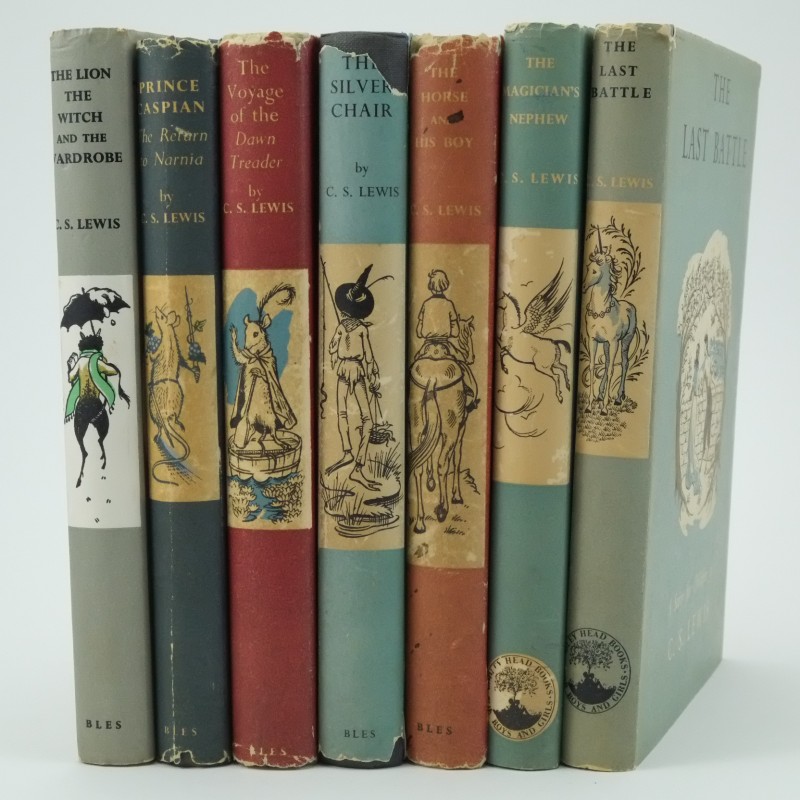I recently came across a book list where the creator of the list opined on wishing he had read those books earlier. I thought that an interesting list. So I decided to create my own.
Now the first thing to decide was at what point would I consider as the dividing line as earlier? I could say of any novel I really enjoyed and thought of highly should have been read earlier. But “earlier” could be as early as a child. No, the list had to be after a significant moment of my reading life. Notice I said, “reading life.”
I would say that the moment I got my Master’s Degree in English Literature to be such a dividing moment in my reading life. Anything I read after would have been out of my mature years and from my free will. Such books I read beyond that moment could have shaped my younger self, either as a person or as a lover of literature.
So finally, these books will be novels—I limit it to novels since novels are the art form I most enjoy—that I read since my 39th birthday that I wish I had read prior. I’ll limit it to ten novels I have read in these past twenty years. They are not necessarily the greatest novels I wished I had read earlier, but the most potentially impactful. I’ll list them backwards, least wished to most wished.
10. The Hobbit, by J.R.R. Tolkien.
I was never a big Lord of the Rings fan, but I do acknowledge its greatness. I read Lord of the Rings for the first time as a teenager, and then read it again in my twenties. It’s a fun read, but I never saw the literary significance of it. I know there is a core of Tolkien readers of good literary taste who rate it very high as a literary work. I was never that passionate about it. So I never read The Hobbit, the predecessor of LOTR, thinking it was along the same lines. I finally read The Hobbit in 2012 and found it superb! I think it’s a greater work than LOTR, perfectly written and not weighed down with stray adventures and characters. It is a much more focused work, and so its moral is clearer and more direct.
It
is possibly the greatest overtly Catholic novel ever written. It is perfection in structure and storytelling. It is powerful in its moral conception,
capturing the weakness of man and man’s strength given a dedication to a higher
cause. The character of the “whiskey
priest” is Everyman who feels caught between faith and doubt, between perseverance
and cowardice. It is tragic and heroic
and will make you yearn for a life dedicated to a higher cause.
Famous
Catholic convert, Catholic priest, and son of an Anglican Archbishop, Robert
Hugh Benson was a gifted writer and wrote in different modes at the beginning
of the twentieth century. He wrote
several novels, and this one praised by Popes Benedict XVI and Francis. It’s an apocalyptic novel where a government
of Freemasons have conquered the world and extinguished all religions except Catholicism. The novel climaxes in a battle of Armageddon. This is truly an underrated novel that should
get more readership. I read it last year
and wished I read it as a young man.
This
is another perfect gem of a novel by a writer who attempts various genres. This novel is of a young lady entering a closed
religious order as a novice at the turn of the 20th century and who
experiences several ecstatic experiences.
The other sisters in the order divide between those who believe her and
those who think she is faking them. The
novel brings into question the inability of science to understand religious
experiences. I read this novel in 2019
and was overwhelmed by the beauty of the writing, the psychological depth of the
characters, and the profound modernist themes.
6. My Ántonia by Willa Cather.
This
was my first Willa Cather novel, and it blew me away. The depth of character, the beautiful prose,
and perfect story structure should make this one of the great modernist
novels. My hunch is that Cather’s more
traditional views holds this novel back from being more situated in the 20th
century canon, but I would rank it with any American novel. I don’t have a record of when I read it, but
it should have been assigned in college.
5. Silence by Shūsaku Endō.
This
too rivals for the greatest Catholic novel ever written. A historical novel set in 16th
century Japan where a Portuguese Jesuit priest sneaks into Japan to find out
about an apostate priest and to serve the secret Catholic community. He is captured and put into an existential
situation where has to apostatize himself or have innocent peasants tortured
and killed. I read this in 2016, the
year the movie version came out.
4. Les Misérables by Victor Hugo.
My
wife and I saw the musical many years ago on Broadway and loved it. We’ve watched the PBS singing of the songs,
and watched the movie. I have the
CD. It’s been a particular
favorite. But I had not read the novel. The novel is great! Yes, it’s a tome of a book, and I read it
over five years, one of the five parts of the novel in each year. Yes, there is some expository digressions
that interrupts the narrative. That’s
Victor Hugo. But the narrative is
fantastic. The character of Jean Valjean
captures my heart. There are so many
great moments. The novel turns out to be
much more religious than the modern adaptations. I read Les
Misérables from 2014 to 2019. I wish
I had read it earlier.
I
thought that The Brothers Karamazov was
Dostoevsky’s great novel, and it is, but Crime
and Punishment is its equal. What a
powerful all comprehensive work of art.
No one can better capture the psychological depth of characters than
Dostoevsky. And not just a momentary
psychology but a psychology in development and transition. This story is powerful for its Christian
world view, its superb characters (I love Sonya!), and its intricate plot. You know Raskolnikov is the killer. It’s a question of whether he gets caught,
and if you the reader want him to get caught.
I won’t spoil it. For a novel
that was written in 1866, it is so current today. I read it in 2015.
Another
great novel. You, dear reader, probably
read this in high school. For some
reason I never was assigned this novel.
It’s also not one you would get assigned in college, and that is a
pity. I love the telling of the story
from the point of view of a pre-teen girl, with all its implications of
oncoming puberty. I love the character
of Atticus Finch, the heroic father and lawyer, and the implications of a
little girl’s admiration for a moral and duty-bound hero. I love the way Lee captures the South, both
in its positive and negative attributes.
I read this in 2016 at the age of 54.
I should have read it forty years earlier.
1. The Chronicles of Narnia by C. S. Lewis.
The
number one book I wish I had read earlier is not a single book but a series, C.
S. Lewis’ great interlocking series of novels affectionately just referred to
as Narnia. Actually I haven’t even finished the whole
series of seven. I have been reading one
per year and have completed the first four.
The main characters in each of the novels are children, and there is a
strong Christian themes and symbolism. I
have been reading this with my son, who claims he doesn’t like it, but seems
interested every time we get into it. On
one hand, Narnia is a set of children’s
or young adults’ novels, but really anyone of any age can and should read
them. I should have read it as a pre-teen. I’m joyfully reading them now!
I’ve have posts on most of these ten novels. Just do a search in that little box at the upper left of the blog page.
What
novels do you wish you had read earlier?










An excellent list, Manny. I've read some and also think highly of them - Hobbit, My Antonia, Mockingbird, and of course Lord of the World, which I wouldn't have known about without the Catholic Thought group. My to-be-read list includes Silence, Mariette, and, I guess .... Chronicles. I tried to get through Crime and Punishment many years ago but failed. I shy from the darkness in novels such as that one, Power and Glory, and Les Miserables, although I know they are brilliant works. Another classic on my to-be-read list is Walker Percy's The Moviegoer. Although - I just went and looked at the Amazon reviews and a member of a Catholic book club that meets in-person gave it a funny, one-star review. Oh, no. I'm going to attempt it anyway.
ReplyDeleteHi Gerri, thank you for commenting. I understand on the dark novels. They are not as appealing to me as I get older. The Moviegoer is a good novel but it's very philosophical. It doesn't make for high energy reading. But worth the read.
Delete